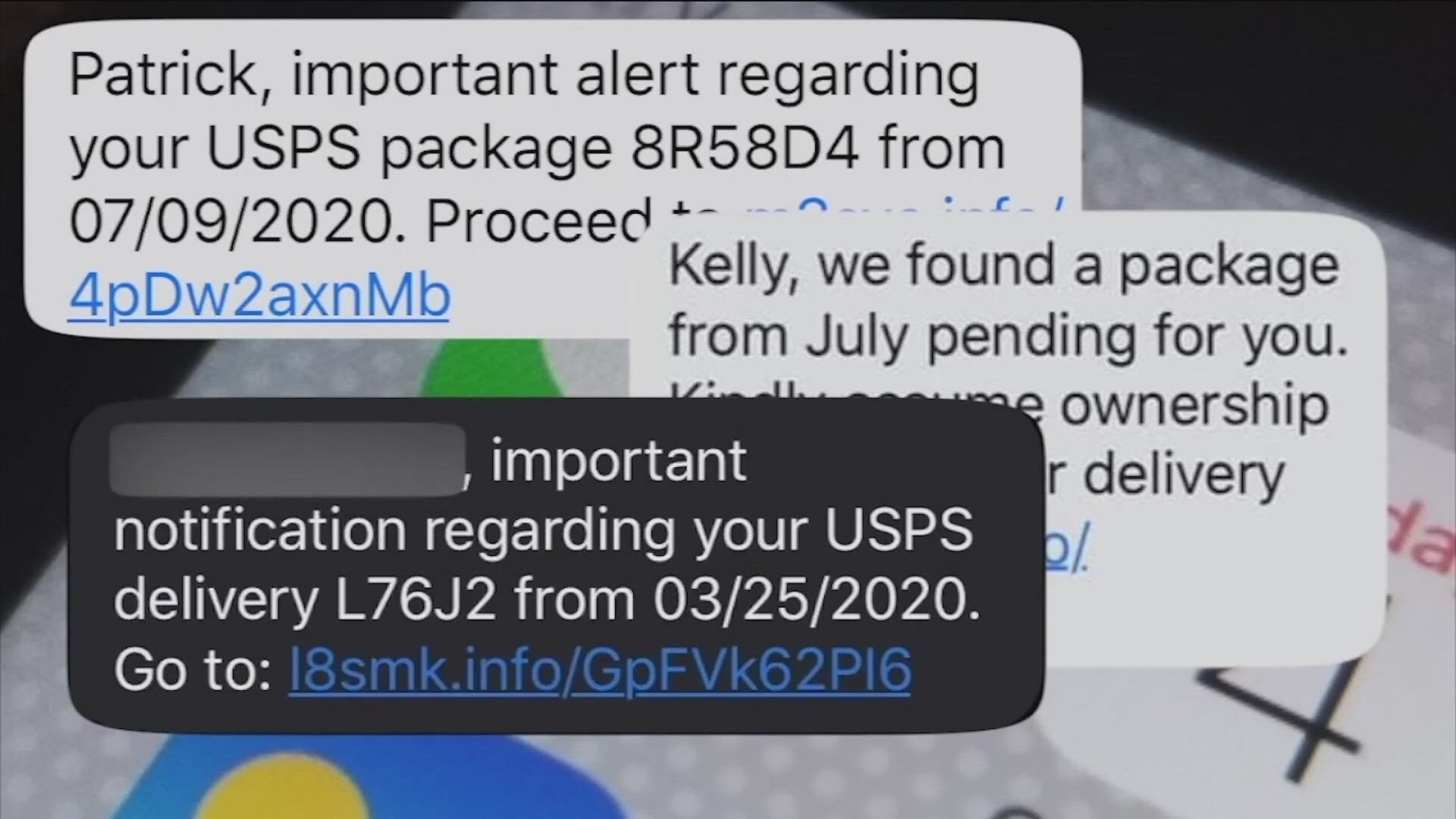SAN DIEGO — Consumer experts are warning to steer clear of the Chinese-owned retailer Temu website and app which is known for its shockingly low prices. It’s flooded with thousands of consumer complaints, ranging from poor quality items to overcharging your credit card.
Security experts also warn against clicking on unknown links during this holiday season in San Diego County.
The National Retail Federation estimates record holiday spending this year and scammers are banking on it. What makes these schemes different than in years past? They are more sophisticated, and they look and sound realistic. Shoppers trying to save this holiday season could end up losing more in phishing, smishing and vishing scams. CBS 8 is Working for You and spoke with a security expert to learn how consumers can avoid getting duped.
What is phishing?
It's when scammers use email to dupe you into clicking on a link so they can install ransomware, steal your information, and steal your money.
GuidePoint Security senior expert Christopher Warner says the popular phishing scam this time of year is getting an email from your grocer about a free turkey.
“Look at the email, because things can be spelled different spelled wrong,” said Warner.
CBS 8 found a red flag in a free turkey email pretending to be from Whole Foods, instead the sender email said, "Wholes Foods."
What is smishing?
The scheme starts by sending text messages with a link for you to click on.
The texts messages are conversational and friendly or they can be about a so-called parcel delivery. Warner says don't engage and delete.
“Even if you don't open it, there could be a risk. So, if you don't know who it's from, you can just swipe it and report it as junk, don't open it,” said Warner.
What is vishing?
These scams are played out by phone or through voicemail. This is one that can be unnerving because generative AI is advancing faster than most experts can comprehend.
These are phone calls with someone on the other end that sounds like the voice of someone you know, but it's fake. Experts say have have a code word with people you know and if you answer the call, don't say much.
“They'll call, they'll ask you certain things. And it puts enough information to basically pronounce every word. And the common vocabulary dictionary,” said Warner.
Security experts say the best way to protect yourself: Validate their legitimacy, check with the source, don't click on links, and contact the bank or credit card company to freeze your account if you think or know you've been scammed.
“If it sounds too good to be true, it's probably good, too good to be true,” said Warner.
To verify businesses and reviews check on the Better Business Bureau website.
WATCH RELATED: Scammer poses as funeral home employee, targets La Mesa woman who just lost her husband

